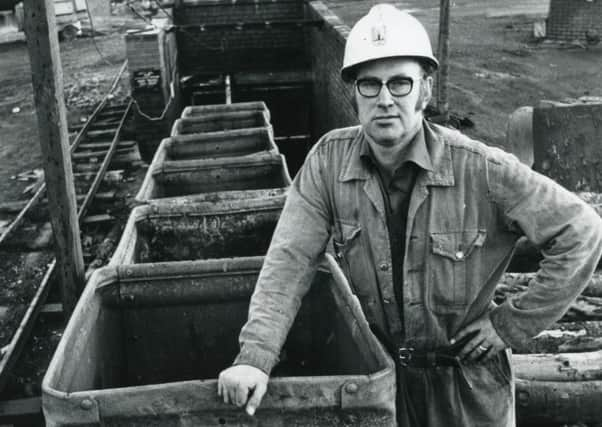Hammer blow for the mining industry 24 years ago


It is exactly 24 years since the British coal mining industry was dealt a heavy blow when the government announced the closure of 31 out of 50 deep coal mines across the country.
The decision came after a long and bitter battle between unions, industry leaders and the government which ultimately saw the demise of 31,000 jobs.
Advertisement
Hide AdAdvertisement
Hide AdThe closures were described as a “savage, brutal act of vandalism” by the president of the National Union of Mineworkers, Arthur Scargill, and a “bad decision” by Labour’s trade spokesman, Robin Cook, according to a report at the time by the BBC.
To compensate the Treasury promised £1billion to help with redundancies and the communities affected, however miners were also threatened with the loss of redundancy entitlements worth up to £37,000 should they take any form of industrial action.
The announcement came from President of the Board of Trade, Michael Heseltine. Only the most economically valuable mines were saved from closer.
The discovery of North Sea gas and increased imports meant coal mining was being phased out by the government and output was to be reduced to a minimum of 25,000 million tonnes a year.
Advertisement
Hide AdAdvertisement
Hide AdAt its peak during World War II one million people worked in the coal mining industry in 958 mines across the country. By 1993 the entire coal mining industry had been privatised and gas stations replaced their retired coal counterparts.
In Yorkshire, mines which closed in the immediate years following the decision including Frickley/South Elmsall, Grimethorpe, Goldthorpe, Houghton Main and Kiveton Park. In 1984, the region had 56 collieries. By 2015, when Kellingley shut, it had none.